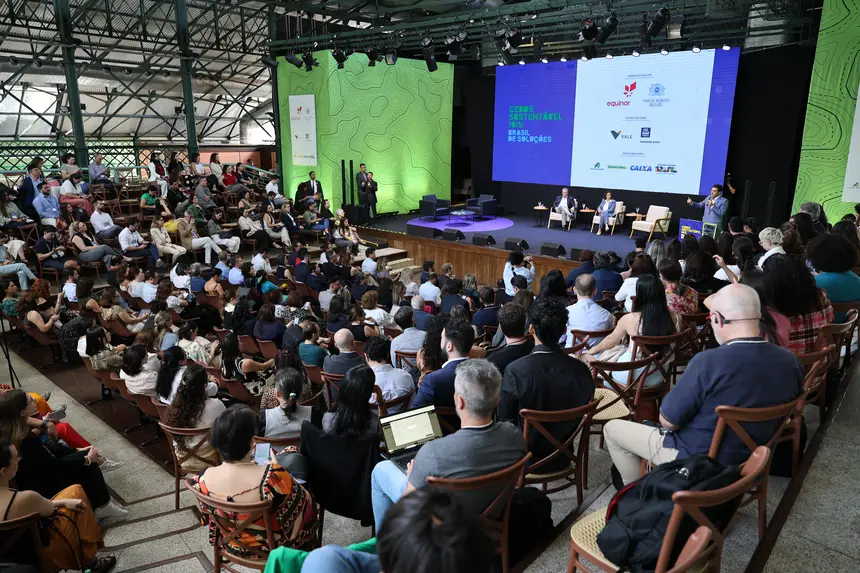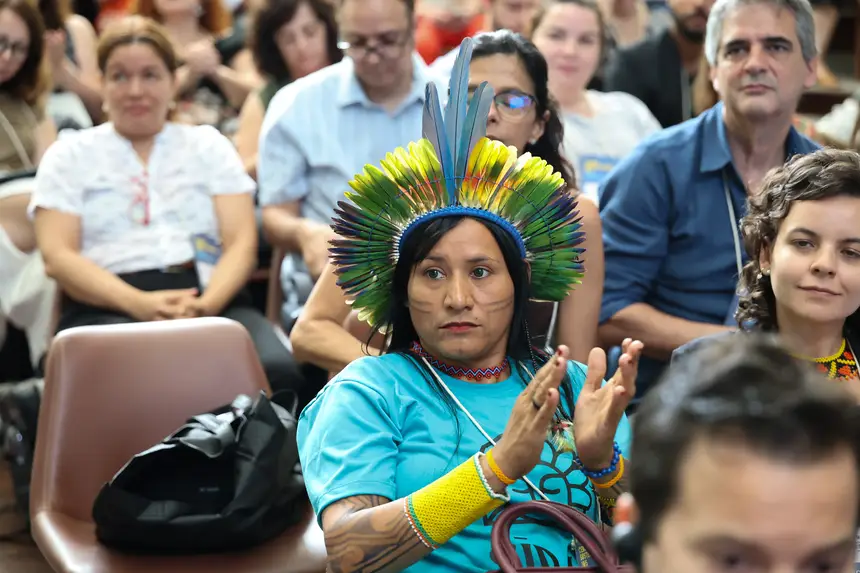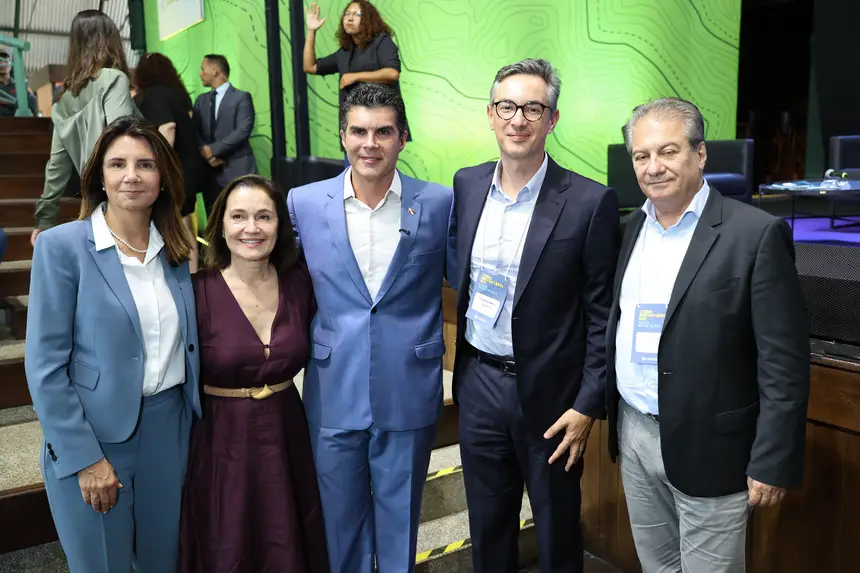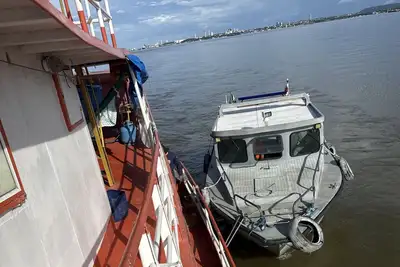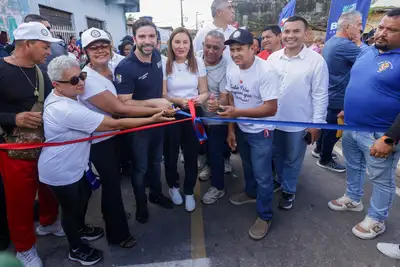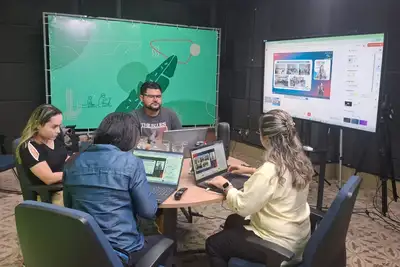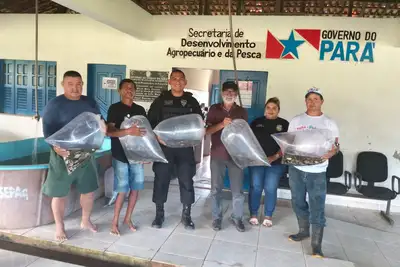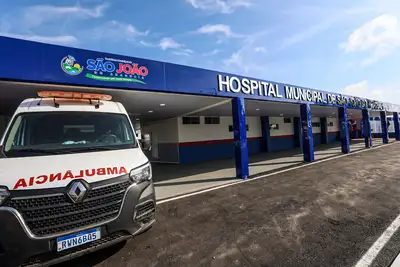Pará wants to be a beacon for the implementation of environmental and climate policies in Brazil
The state that will host COP30 has a set of policies that will not only gain global prominence this year but can also contribute to changing the reality of other states in the country

The governor of Pará, Helder Barbalho, stated this Tuesday, July 1st, during the 12th edition of the International Congress on Sustainable Development in Belém, that the state is building public policies and presenting itself to Brazil as an example for the implementation of environmental policies in the country. At the event, promoted by the Brazilian Business Council for Sustainable Development (CEBDS), the governor analyzed the demands of the private sector and the opportunities that the public power can help to enable, ensuring a favorable environment for sustainable activities.
"It is essential that we can build an environment of convergence between what the private sector sees as opportunity, and the public power creating an environment that brings legal security and induction for this activity. The mobilization of the private sector in building a new economic model that values forest assets, that can develop our biodiversity and the riches of the Amazon is very important," said the governor.
The head of the state executive participated in the event alongside Ana Toni, CEO of COP30, and Marcello Brito, executive secretary of the Legal Amazon Consortium and special envoy of COP30 for the Amazon states.
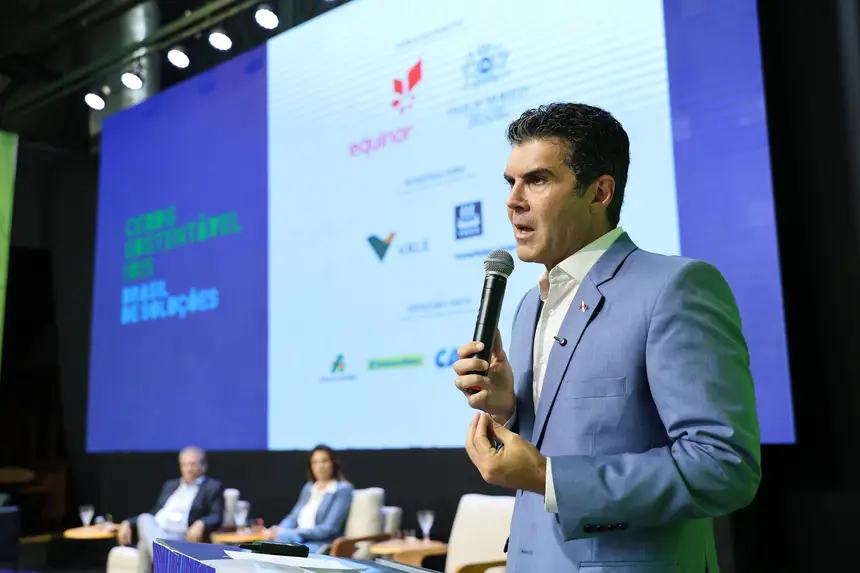
Helder Barbalho summarized the advances in the environmental and climate agenda that has been implemented by the state government.
"In Pará, we are one step ahead. We have already consolidated our strategy for restoring areas, already putting the first public restoration concession on the market and we will make two more concessions in 2025. In the bioeconomy agenda, we are implementing and delivering to COP30 the Amazon Bioeconomy and Innovation Park for startups, so that we can leverage this strategy here and support those who already act, but act on their own initiative and need this stimulus, this push," he highlighted.
The governor also took the opportunity to reinforce that during the carbon agenda, the state has already made the first major commercialization and continues to hold discussions with traditional communities for the sharing of the use of these resources.
"We are presenting ourselves to Brazil as a state that is already building its foundations so that, from the example of the state of Pará, we can be a beacon for reflection in other states of Brazil and of course, as a national policy," added Helder Barbalho.
Boosting green businesses - The governor emphasized that dialogue with the private sector is essential for the implementation of green businesses, ensuring production scale.
"Dialoguing with the private sector, presenting public actions that can generate opportunities for green businesses, is absolutely decisive for us to boost these activities, to ensure production scale and economic mobilization, encouraged and stimulated to enable our forest asset, our biodiversity, to transform into bioeconomy."
Example and legacy
"Our state wants to leave a legacy, starting from the leadership of COP30. Is it a legacy for the city of Belém? Yes, but it is also the generational legacy of leading the sustainable environmental agenda in the Amazon. And for that, thinking outside the box, we are the first state in Brazil to approve and sanction the Environmental Responsibility Law," said the governor.
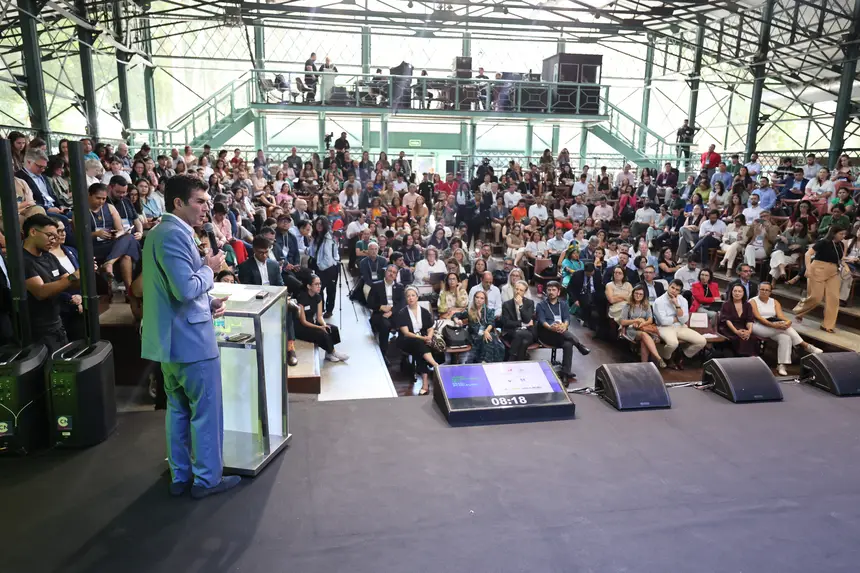
The head of the executive also highlighted the importance of this moment.
"What does this mean? That the state that did not have a secure source of financing for the environmental agenda, from now on, will start to use resources from mining royalties, mining fees, and water fees, tying percentages of these fees exclusively for the sustainability agenda. Just as a comparison effect, the budget for 2025, which has been approved by the Legislative Assembly and sanctioned by the state government for this year, has 100 million reais for the state's sustainability agenda. From the Environmental Responsibility Law, approved by us about a month ago, next year we will have 1 billion reais for the sustainability agenda in the state of Pará," explained Helder Barbalho.
COP30 will be a historic milestone for climate debate - "Belém will make history at COP30," said the CEO of the Conference, Ana Toni, in her speech during the event. The executive analyzed the expectations for the event and stated that COP will be a milestone for global climate debate.
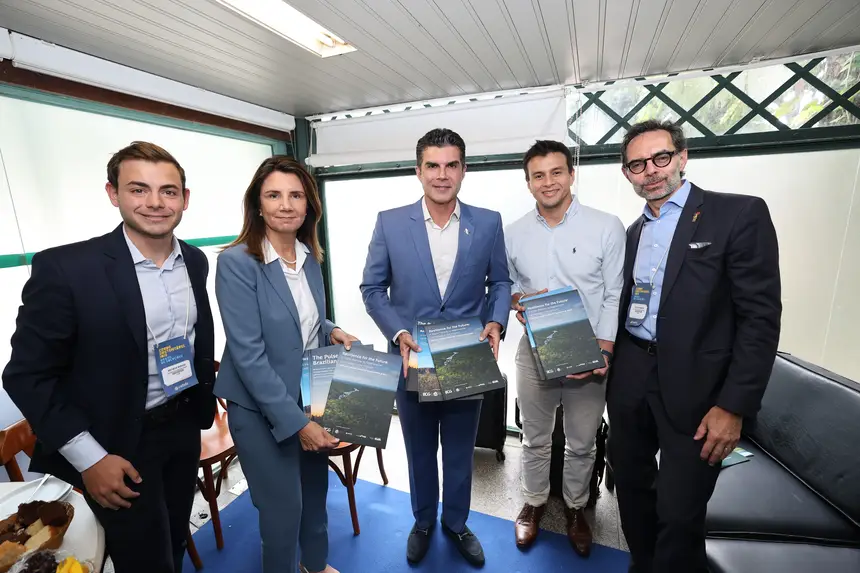
"And I want to especially thank Belém, the state of Pará, for hosting COP 30. I, along with ambassador André Corrêa do Lago, have traveled all over the world and throughout Brazil as well. And every time they ask about Belém do Pará, I say: ‘Wow, they have no idea what they are questioning’. Belém do Pará will make history at COP 30, I have no doubt that the climate debate before this COP was one, and after this COP it will be another, and one of the reasons is that it is here in Belém do Pará," she said.
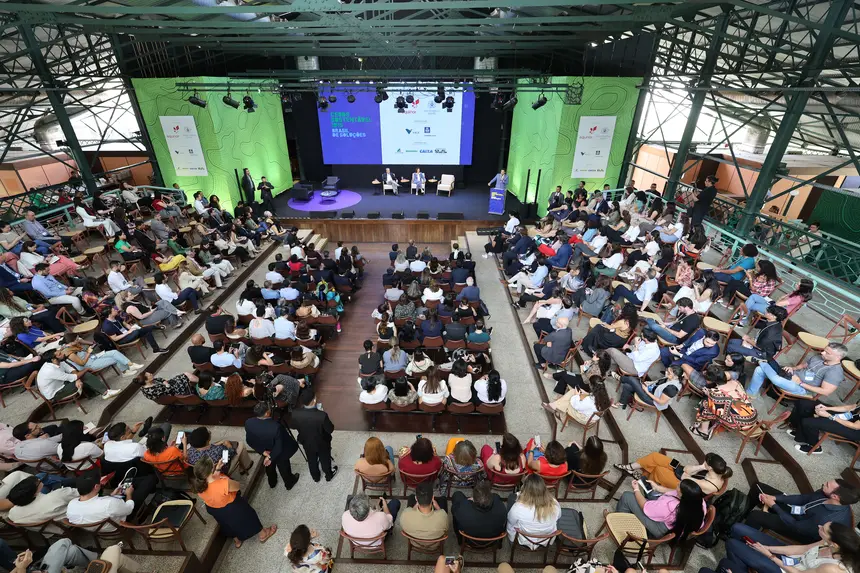
Ana Toni reflected on the benefits of the debate promoted during the conferences on climate change. "The climate convention was born in Rio de Janeiro in 92, and we have had the Paris Agreement for ten years. And we recognize little how much our lives have changed because of these conventions. We did not talk about renewables, the energy revolution that is happening in China, India, Brazil, the United States, the transportation revolution with biofuel transport, electric transport, the debate on agriculture."
"We started to understand what the consequences of climate change are, and what we thought would be in the future arrived much faster than we imagined," she stated. She also concluded that: "COP 30 positions itself as a COP not only of implementation but of the acceleration of implementation, because implementation has already begun. What we need is to accelerate this change and we need to scale this change."
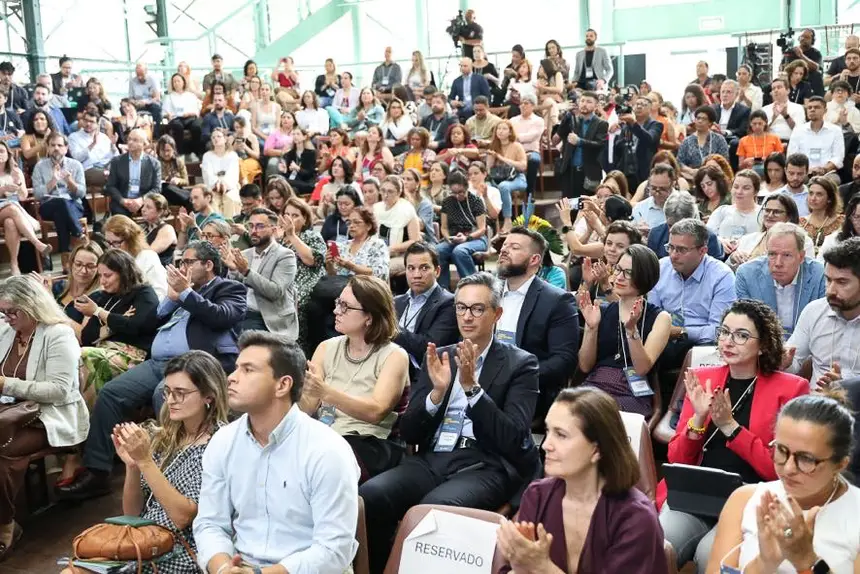
Held biannually for 22 years, the Sustainable Congress is, according to its organization, part of CEBDS's pioneering strategy to accelerate the transition to a development model based on a carbon-neutral economy, equitable and positive for nature.
The event promotes the sharing of knowledge, innovative initiatives, and best practices. Always with high-level leaders and executives. The 2025 edition discusses topics such as combating climate change, energy transition, bioeconomy, regenerative agriculture, and human rights.



